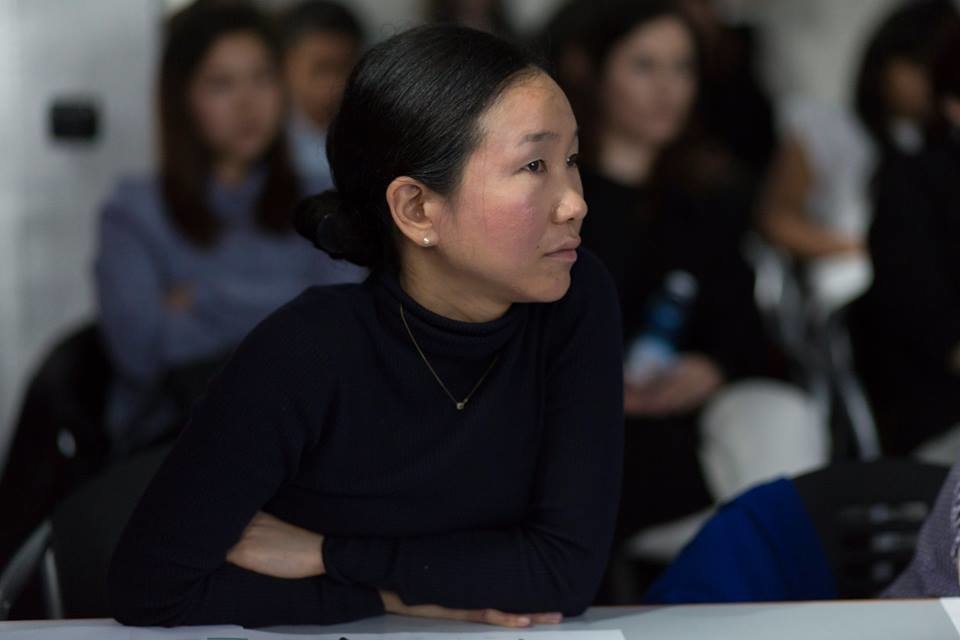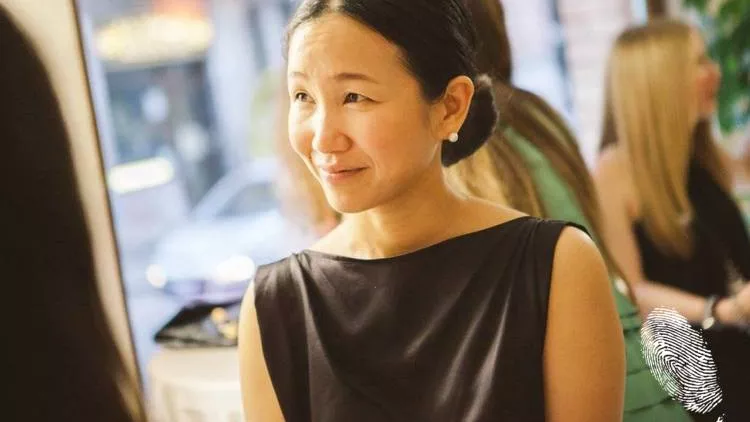Aoi started her professional career as a set designer in Fuji Television Network in Tokyo. She has designed sets for both Japanese and International artists in an authentic musical program for 5 years. Aoi moved to Italy and obtained a Master degree from Domus Academy in 2005. From 2006 she lives and works in Milan collaborating with different companies and studios, in the field of product, interior and strategy design. Aoi’s design reflects her knowledge of the lighting and material, her strategic thinking, based on profound research of the design field.

You are lecturer and educator. What Japanese tradition would you teach to Bulgarian designers?
The Japanese culture is well known for its simplicity and philosophy. However, the true value of the Japanese culture is to be capable of absorbing the essence from different cultures and transforming it into something original for their own culture. They are curious and open to any traditions. This could be a key element also for innovation and being a good designer.
What do you expect from Dibla Design Awards participants?
I would like to expect the eye-opening ideas from Dibla Design Awards participants, not only visually appealing but also envisioning the future of design. The participants could combine their traditional knowledge and the identity together with latest technologies in the world to create something that lasts long that fosters their culture.
What do you like to see in design solutions? What is “good interior design”?
A good interior design is a space that inspires us and gives the new visions from different point of view to the audience. It could create new behaviours, new attitudes of the people for their well-being.
What is in the future of interior design - new technologies, new styles, new lines...?
What is important for the future of interior design is the experience. The experience, which occurs in a space, makes a significant difference. The world of design is becoming more and more multi-disciplinary; the designer needs to be able to create innovative experiences and to work without the traditional boundaries between each domain.
Do you have a “signature” detail or feature that you use in all or most of your projects?
Whenever I design a space, the lighting is a key element for me. Especially the musical set that I designed had to be transformed drastically with different lights. The light is an important issue for the interior design and the designers should pay attention to its potentials.
You were also a stage designer; in this regard, would you say that a home is a stage?
This is an interesting question. I have never asked myself if a home could be a stage of a person, since what I have designed as a set designer were all far from the ordinary life situation. They were as if a series of fireworks. It appeared and disappeared very quickly. The vulnerability of the stage design attracted me a lot, whereas the home for me is the opposite of it, it is steady and stays forever.
One of the categories in this year's competition is "Public Interior"; what is the most important thing in this sphere?
In this category, the design should meet the needs of the general public, which is not easy at all. It tends to be less original and more conventional in order to satisfy all the customers. But especially in this limitation, the design can have its important role. The designer should determine the identity of the location and the client, and communicate it through the space with a strategic thinking.












Коментари